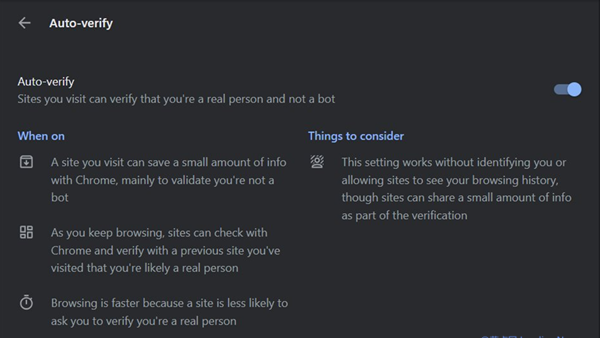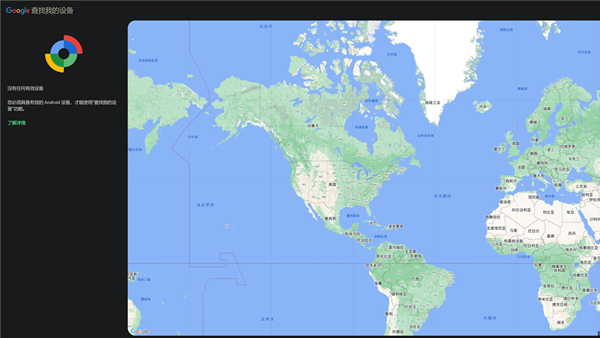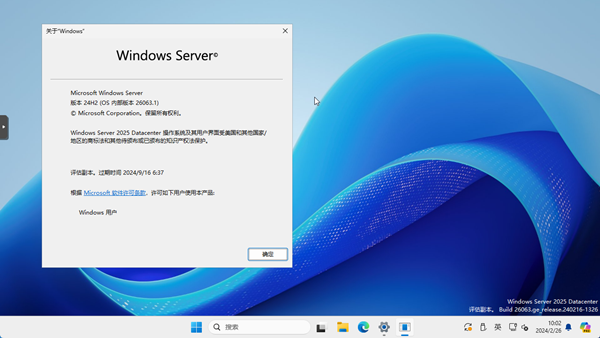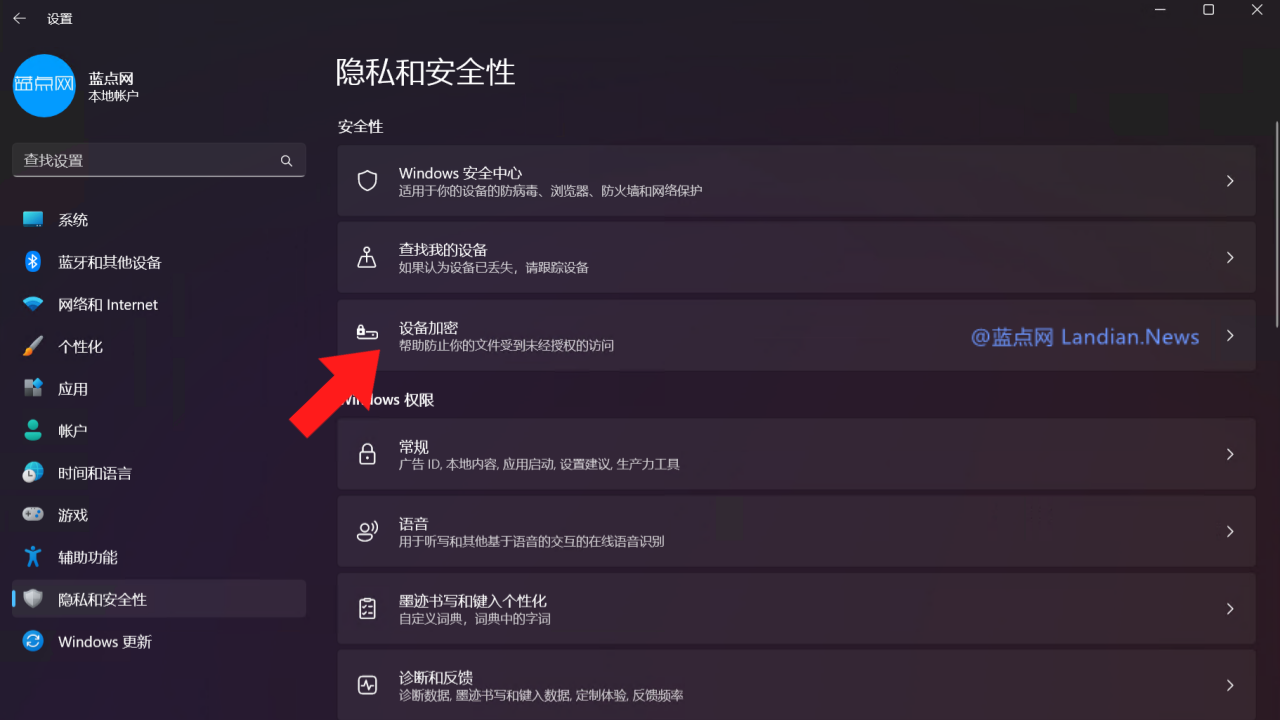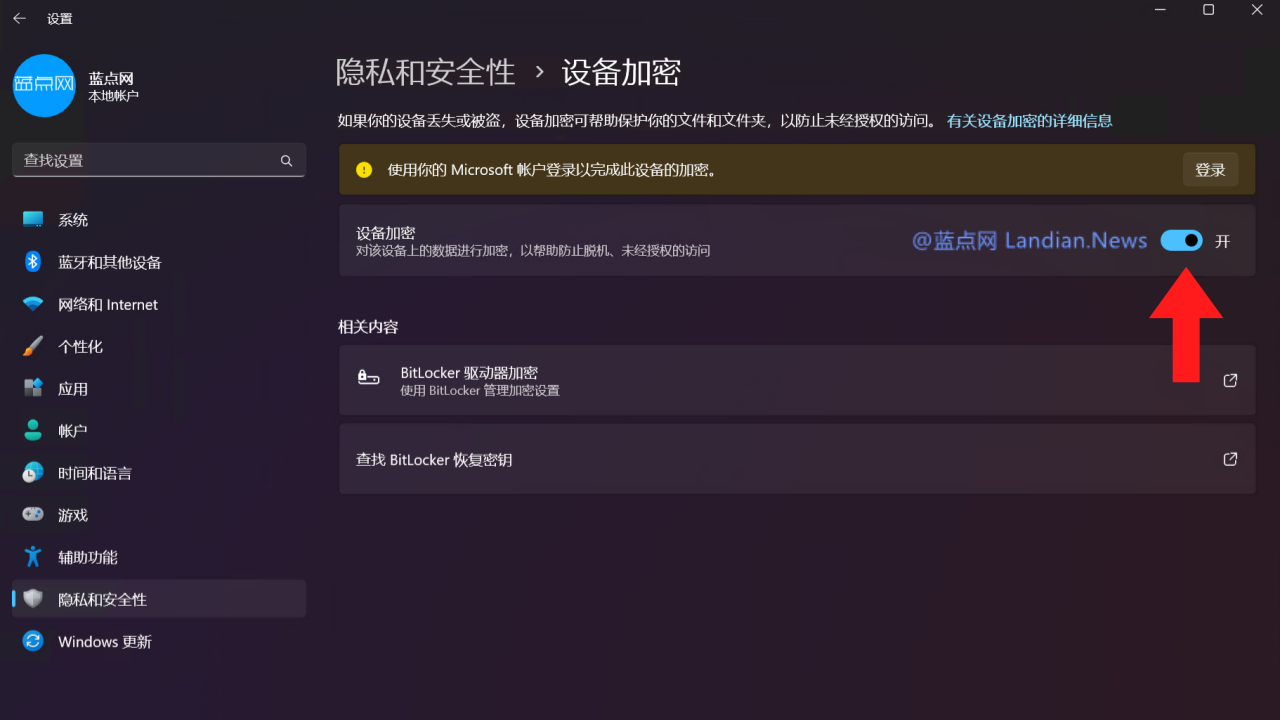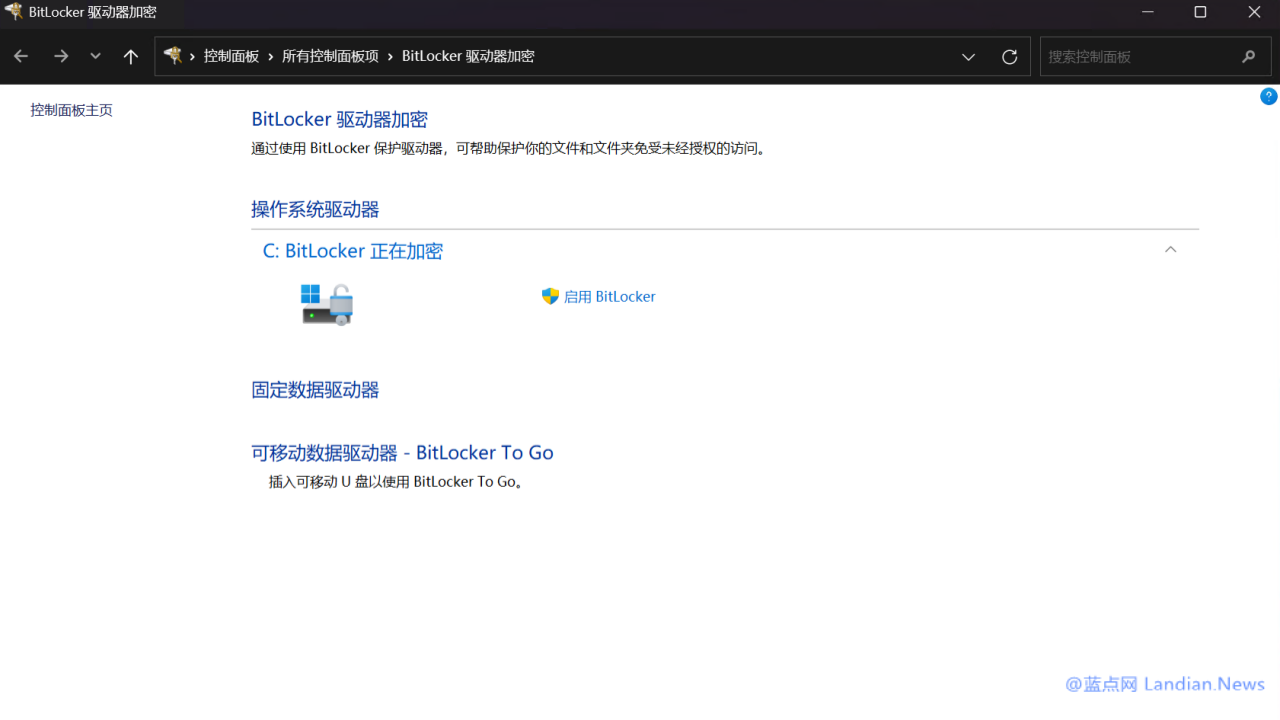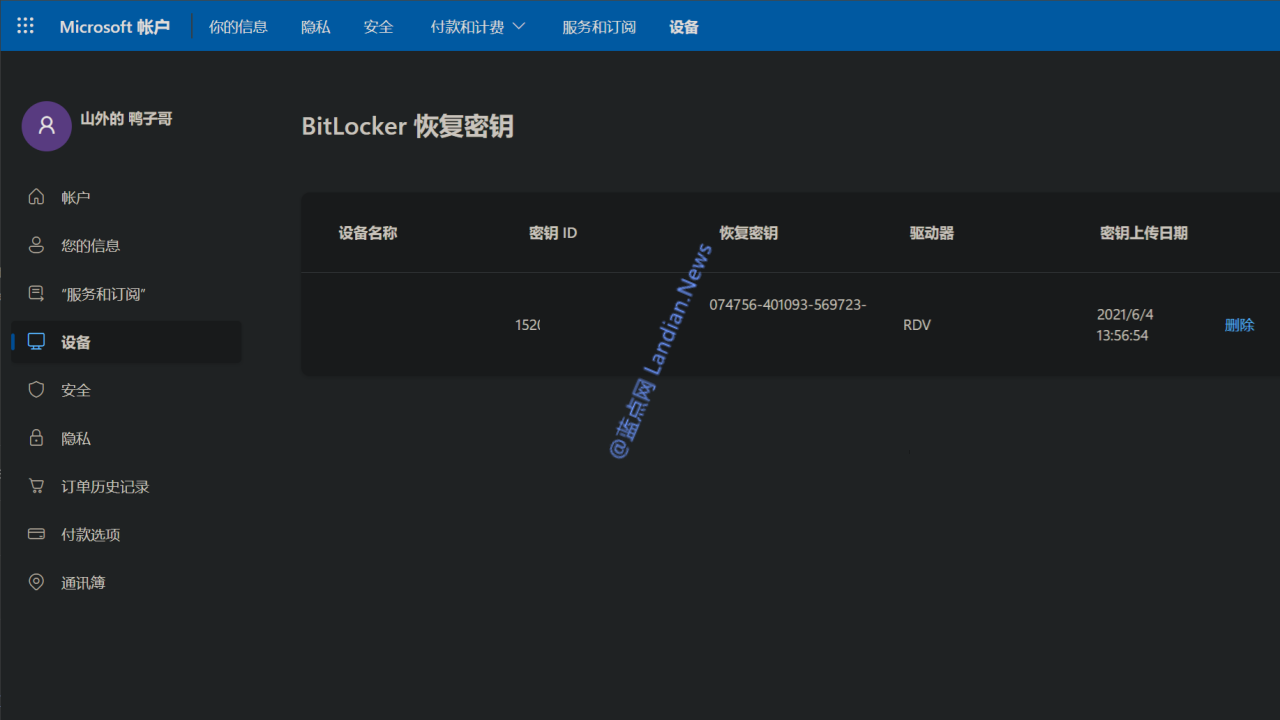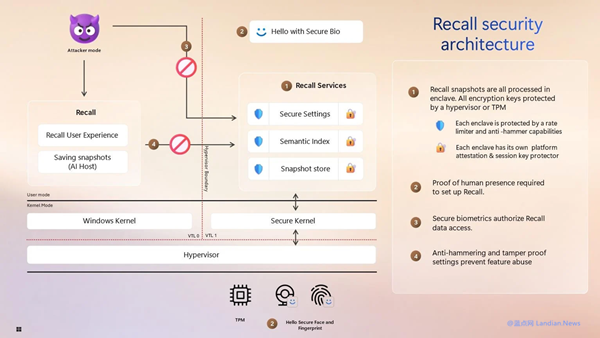U.S. Department of Justice May Force Google to Divest Android in Antitrust Case
While the Android system is not Google's most direct revenue pillar, the pre-installation of various Google apps, especially the browser and bundling with Google Search, indirectly contributes massive revenue to Google's most relied upon advertising business.
The U.S. Department of Justice is currently suing Google for various monopoly behaviors, including monopolizing the search engine market and online advertising market. In the first phase, Google has already lost, as the U.S. Federal Court ruled that Google did indeed engage in monopolistic behavior.
Next, Google will appeal, which means entering the second phase. Usually, technology companies targeted by the U.S. Department of Justice find it hard to come out unscathed. The best outcome for Google would likely be to pay a hefty fine and settle.
So what's the worst outcome for Google? Lawyers following the case speculate that the U.S. Department of Justice might require Google to undertake structural remedies, which could include being forced to divest the Android system and being prevented from leading the next generation of search technology — conversational AI search.
Gene Burrus, a former assistant legal counsel at Microsoft, suggests that the obvious outcome for Google would be the cancellation of exclusive agreements with Apple and other companies, and divesting the Android system could also be considered.
If Google were forced to divest the Android system, it would not only reorganize Google's internal departments and teams but could fundamentally reshape the entire mobile operating system and even the whole mobile internet industry.
Suppose the U.S. forces Google to give up the Android system, then mobile manufacturers would only cooperate with the new company taking over the Android system. They might not have the incentive to continue pre-installing Google apps and Google Search, unless Google is still willing to offer a significant share of revenue.
This scenario would enhance market competition since other search engine providers could also fairly cooperate with the new company taking over Android and OEM partners. Google's natural advantage would be completely broken.
Another focus is the field of artificial intelligence. Google's development speed in the field of AI is very fast. As a search giant, Google can use AI to develop the next generation of search technology, further leveraging its massive market share in Google Search to continue to gain advantages and lead AI-based search technology.
The U.S. might also try to prevent Google from developing AI-based search technology to avoid Google Search continuing to monopolize the market. After all, the reality is that Google Search is indeed more useful. For manufacturers like Apple, defaulting to other search engines could cause dissatisfaction among users. Thus, if Google could lead in AI-based search technology, it would still have a bright future — continuing to monopolize the search engine market for a long time.
Of course, all these are just current speculations. Such a scale of antitrust litigation usually lasts for several years or even longer. Even in fast cases, the final outcome might still take 4 to 5 years.

